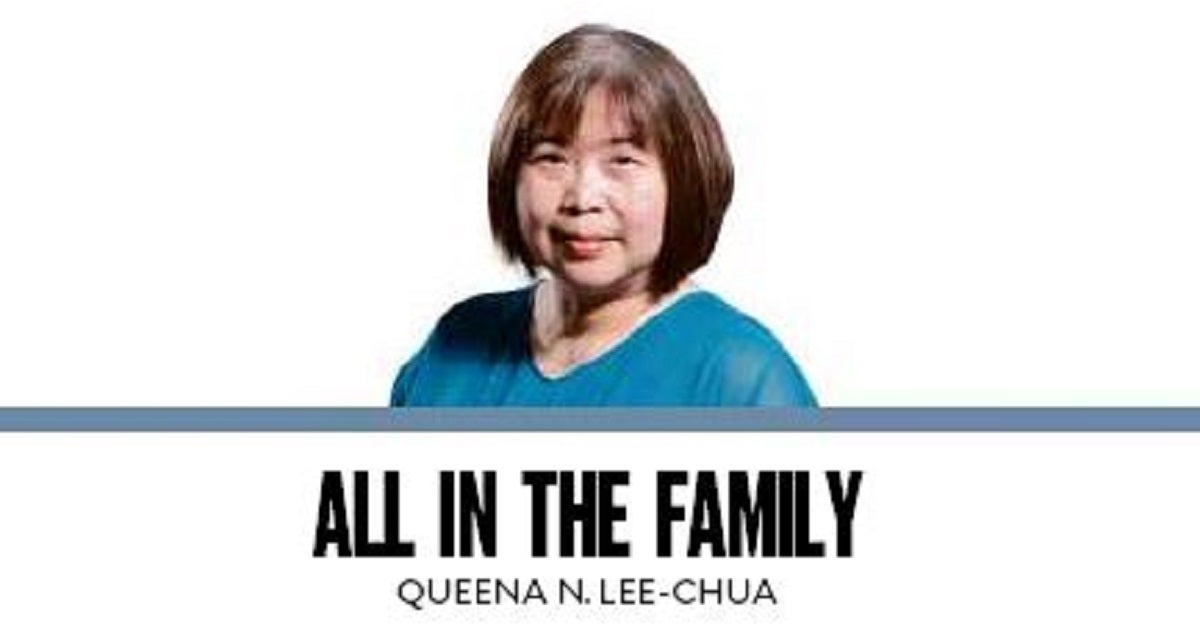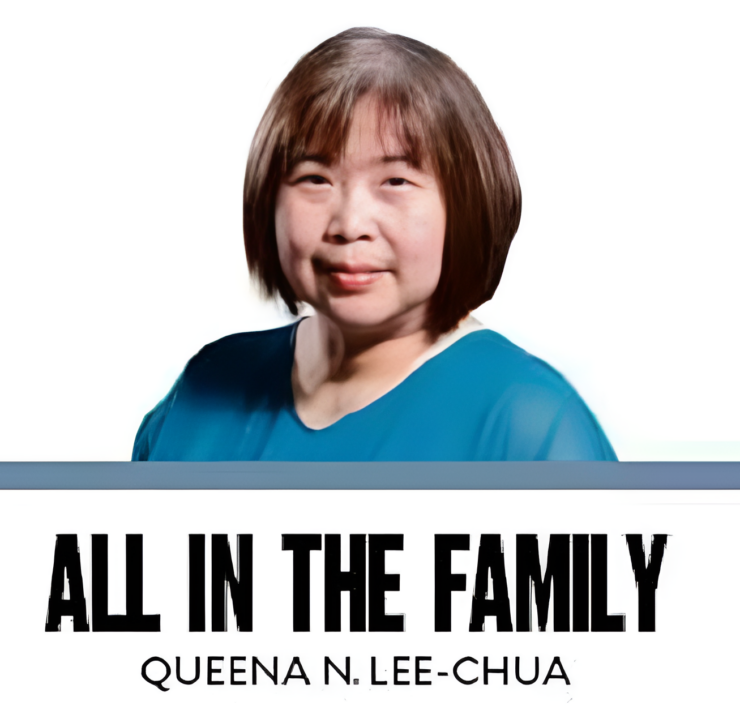Pursue your passion? Adapt instead

“We let him pursue his passion,” says my friend C of his eldest son, who just turned 30. “But he could not get a decent position after graduation. He was supposed to take over the family business in the future, but he cannot even understand the basics of finance. We have to subsidize his lifestyle now.”
“Ask him to enroll in an MBA program,” I say, “or at least take basic accounting and finance courses, even online. Tell him that he already did what he wanted in college, so now he has to think about his obligations to you and to his own future.”
“Sadly, our youngest son, aged 20, also wants to follow his dream even if we don’t think it is wise,” says C. “He says it is not fair that Kuya gets to study whatever, while he has to do what we ask. We are not as rich as people think!”
“Discuss options with your youngest,” I say. “He can do a minor on his passion, while going for a general business major. Or he can even double-major. Be open with him. Tell him that your funds are finite, and you are also supporting his brother. I am sure he will do what is right for himself and the family.”
“Few people from poorer families can afford to spend years trying to become, say, a furniture restorer or a novelist,” says Financial Times columnist Simon Kuper.
Kuper describes a woman who said that her school pushed them to follow their hearts, “without giving the full picture of the precarity involved with certain careers.” She thought that she could “viably become a full-time director or producer,” but regretted her choice of major now.
Of course, if your finances are set, chase whatever passion you choose. But for most of us, pragmatism is a priority.
Many students swear to me that once they make their fortune in banking, consultancy or technology, then they will retire early to do what they really want (teaching, cooking, photography). When we meet years later, they sheepishly admit that they still are in high-paying, stress-filled jobs.
Though I wish that more young people—particularly those coming from wealthy families—use their resources to directly do good in the world—I cannot blame them. A veteran banker tells Kuper that stopping work once you reach a desired income is a “fantasy.”
“With age, marriage and children, people become used to their income, draw identity from it and cannot give it up,” says Kuper. “They also come to realize that they’d be unlikely to become decent painters or winemakers if they start without any training aged 37. Anyone genuinely serious about those jobs would have a 20-year lead on them.”
To those just starting out, Kuper advises, “Avoid narrow vocational training for a doomed job and prepare to keep adapting all through your career.”
However, the grass is not always greener on the other side of the fence. My student E, 55, dedicated the best years of his life to a well-known bank, rising up the ranks and earning sky-high benefits.
But the stress was so much that he got sick, and he told me bitterly that the bank “did not care at all.” He regretted “giving his all to this soul-less company,” and told me he should have joined the academe when I invited him decades ago.
I pointed out that salaries and benefits in the education sector are a mere fraction of what he earned in the finance field. Then I urged him to focus on the present, and forge a new identity for himself (not just a banker). He is now financially secure, and he can teach school, or turn his gardening hobby into a business.
“One day the career will end, probably either sooner or later than you wanted,” says Kuper. “Don’t kid yourself that your institution cares about individuals. The point of an institution is that it can function without any particular individuals. The end is harshest for people who draw their identity from their job.”
Queena N. Lee-Chua is on the Board of Directors of Ateneo’s Family Business Center. Get her print book “All in the Family Business” at Lazada or Shopee, or e-book at Amazon, Google Play, Apple iBooks. Contact the author at blessbook.chua@gmail.com.


















